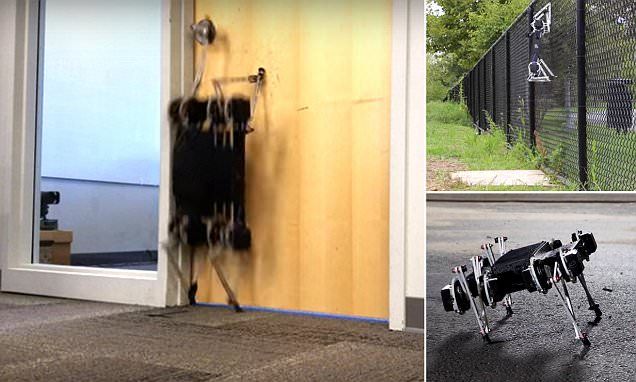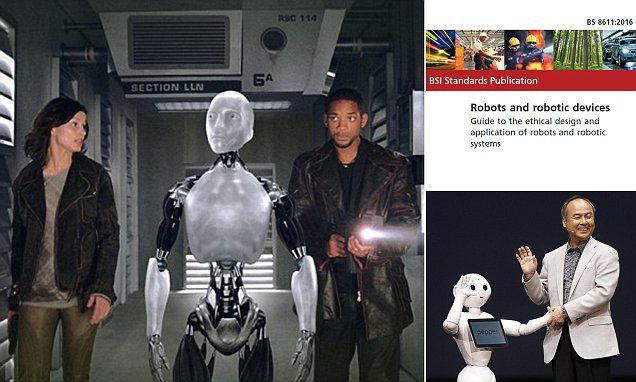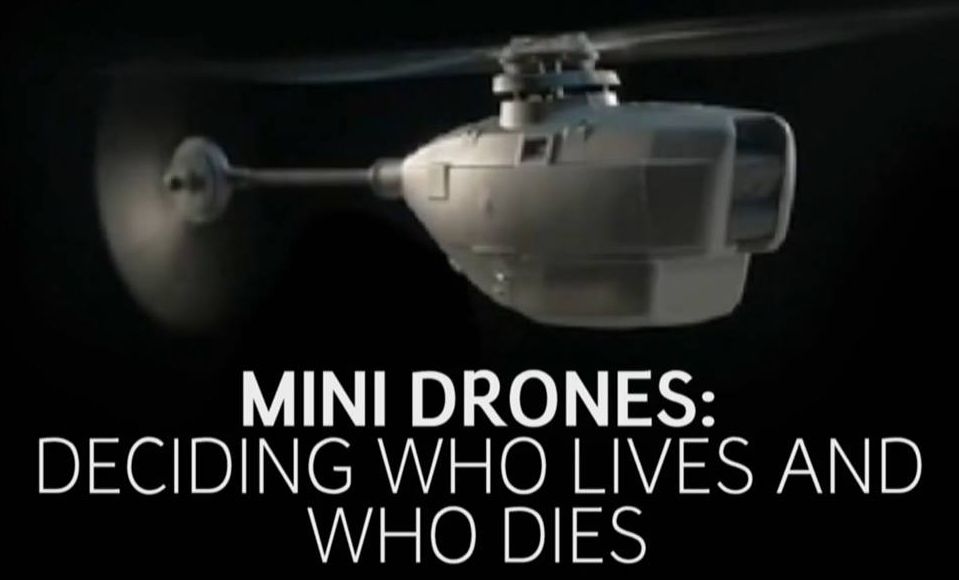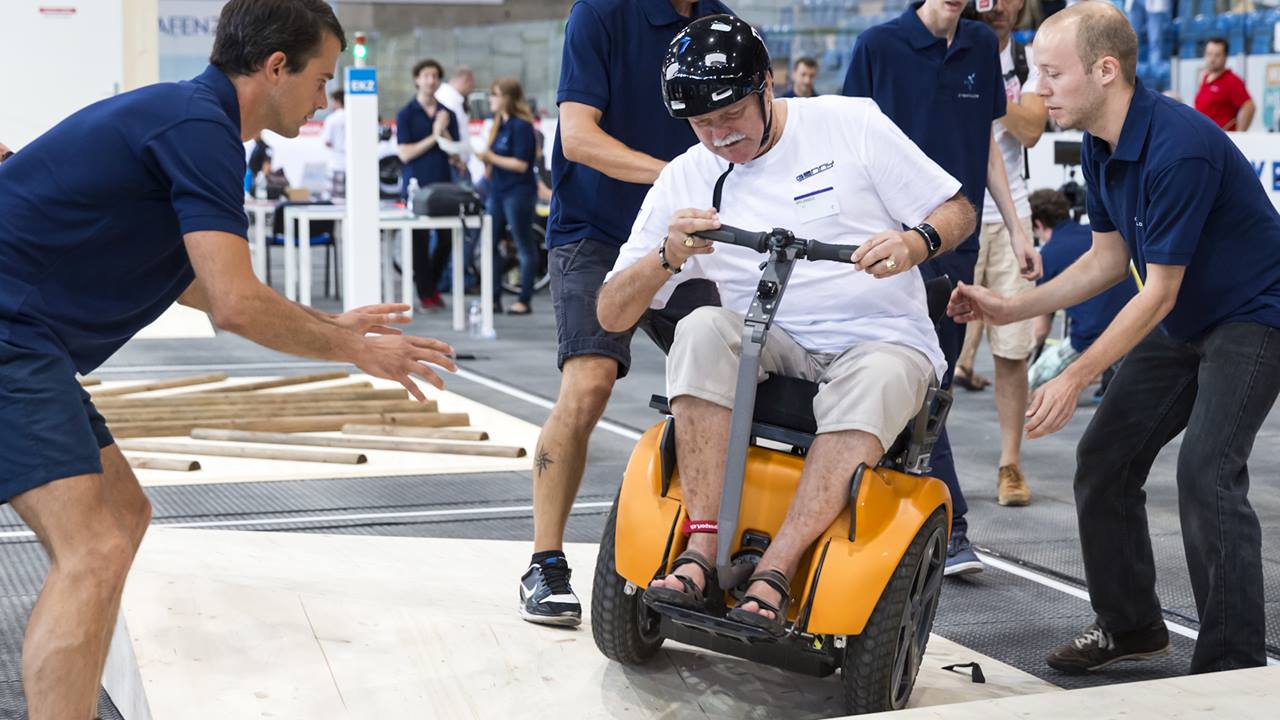Page 10852
Sep 20, 2016
Researcher calls for animal-human embryo research to proceed, but with strong animal protections
Posted by Carse Peel in categories: biotech/medical, genetics
In a World View opinion column published in Nature, a Case Western Reserve University School of Medicine researcher calls for animal-human embryo research to proceed — but only with strong animal protections in place. So-called “chimera” research raises the hope of producing human organs in genetically modified large animals, such as pigs and sheep, offering a potential solution to the persistent shortage of human organs for transplantation.
Insoo Hyun, PhD, associate professor of bioethics, urges such research to proceed only after “knowing the right and wrong ways to treat sentient beings according to complexities of their attributes.”
Hyun’s recommendations appear in the journal’s September 15th issue and come a week after the National Institutes of Health closed a month-long public comment period on proposed new regulations, widely expected to be adopted, that would lift a moratorium that currently forbids federal funding for chimera embryo research.
Sep 20, 2016
Adorable robot that bounds like an excited puppy can open doors
Posted by Carse Peel in category: robotics/AI

The 1.3 feet long robot was developed by researchers at the University of Pennsylvania who are now selling it for £7,700 ($10,000) a go. It is able to climb fences, jump and even open doors.
Sep 20, 2016
Official guidelines to keep humans safe from robots published
Posted by Carse Peel in category: robotics/AI

Thou shalt not kill: Official guidelines to keep humans safe from robots are published by standards authority…
The science fiction author Isaac Asimov first proposed the ‘Three Laws of Robotics’ in a short story published in 1942 as a way of ensuring the machines would not rise up to overthrow humanity.
Continue reading “Official guidelines to keep humans safe from robots published” »
Sep 20, 2016
Microsoft will ‘solve’ cancer within 10 years
Posted by Carse Peel in categories: biotech/medical, computing
Microsoft has vowed to “solve the problem of cancer” within a decade by using ground-breaking computer science to crack the code of diseased cells so they can be reprogrammed back to a healthy state.
In a dramatic change of direction for the technology giant, the company has assembled a “small army” of the world’s best biologists, programmers and engineers who are tackling cancer as if it were a bug in a computer system.
This summer Microsoft opened its first wet laboratory where it will test out the findings of its computer scientists who are creating huge maps of the internal workings of cell networks.
Continue reading “Microsoft will ‘solve’ cancer within 10 years” »
MyData 2016 was an international conference that focused on human centric personal information management, held in Helsinki Finland from 31st August-2nd September 2016. It was organized by the Open Knowledge Finland, Aalto University Finland and FING — Next-Generation Internet Foundation (FING).
The conference featured international speakers and hands-on sessions — this channel exclusively showcases most of the activities & key talks from the three days.

Take a look at these mini drones that are making their way onto the battlefield. Mini drones improve unit mobility, provide valuable intelligence and save service members’ lives.
Sep 20, 2016
World’s First Cyborg Games Kicks Off This October
Posted by Elmar Arunov in categories: cyborgs, entertainment
Sep 20, 2016
Control Virtual Reality With Your Eyes
Posted by Elmar Arunov in category: virtual reality
Sep 20, 2016
How Sex Tech Is Reimagining the ‘Magic Touch’
Posted by Zoltan Istvan in categories: biotech/medical, sex
Cool new story on future:
A medical futurist ponders new ways to get freaky between the sheets.














